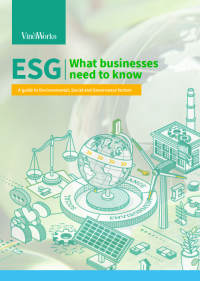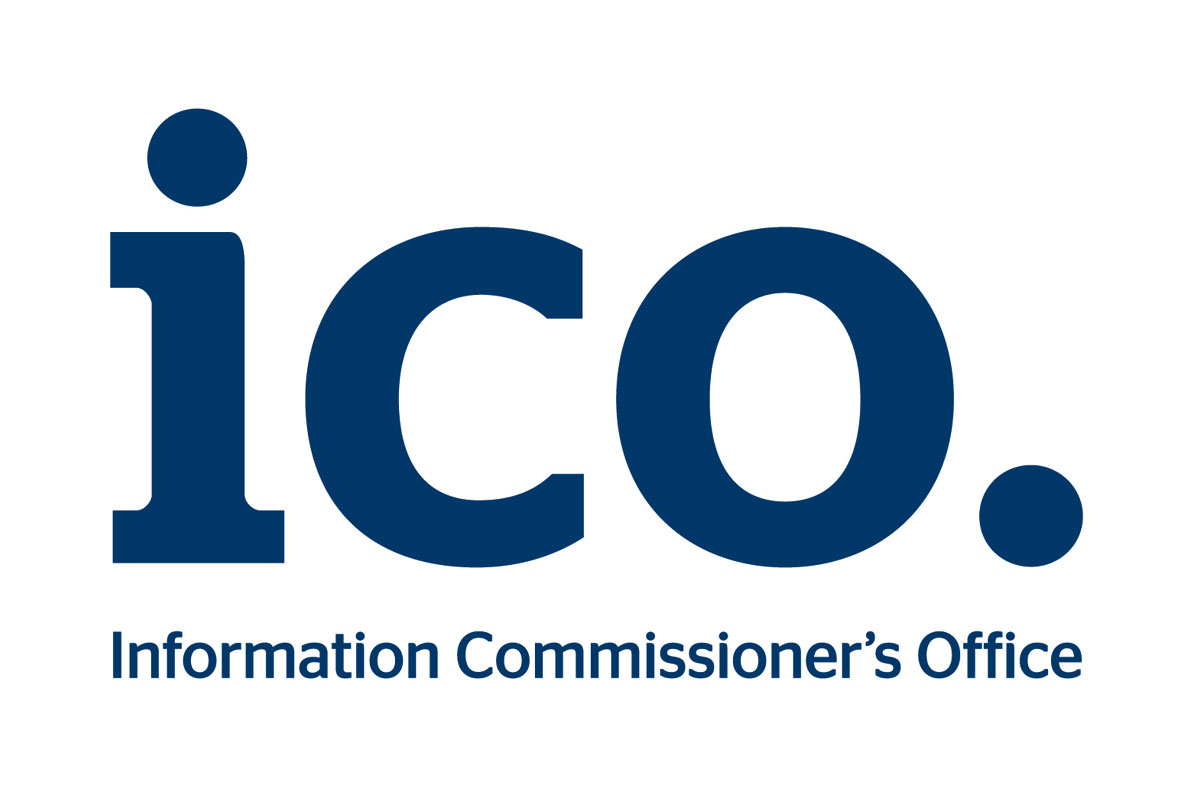As we approach the end of 2021, many organisations will be thinking about appraisals. Whilst employees and management alike may not always look forward to them, appraisals can significantly contribute to success, when done correctly.
But why stop at reviewing employee performance? Why not consider overhauling your entire appraisal process too? VinciWorks has recently launched the new Omnitrack HR Suite, which includes an employee appraisal solution. The customisable workflow encourages employees to evaluate their performance against company values and goals. Its structure also guides in-person meetings and can be used to record areas for improvement.
Before looking closer at the Omnitrack appraisal tool features, this blog will outline some objectives of the appraisal process and explain why static forms or spreadsheets are not the answer.
Continue reading



